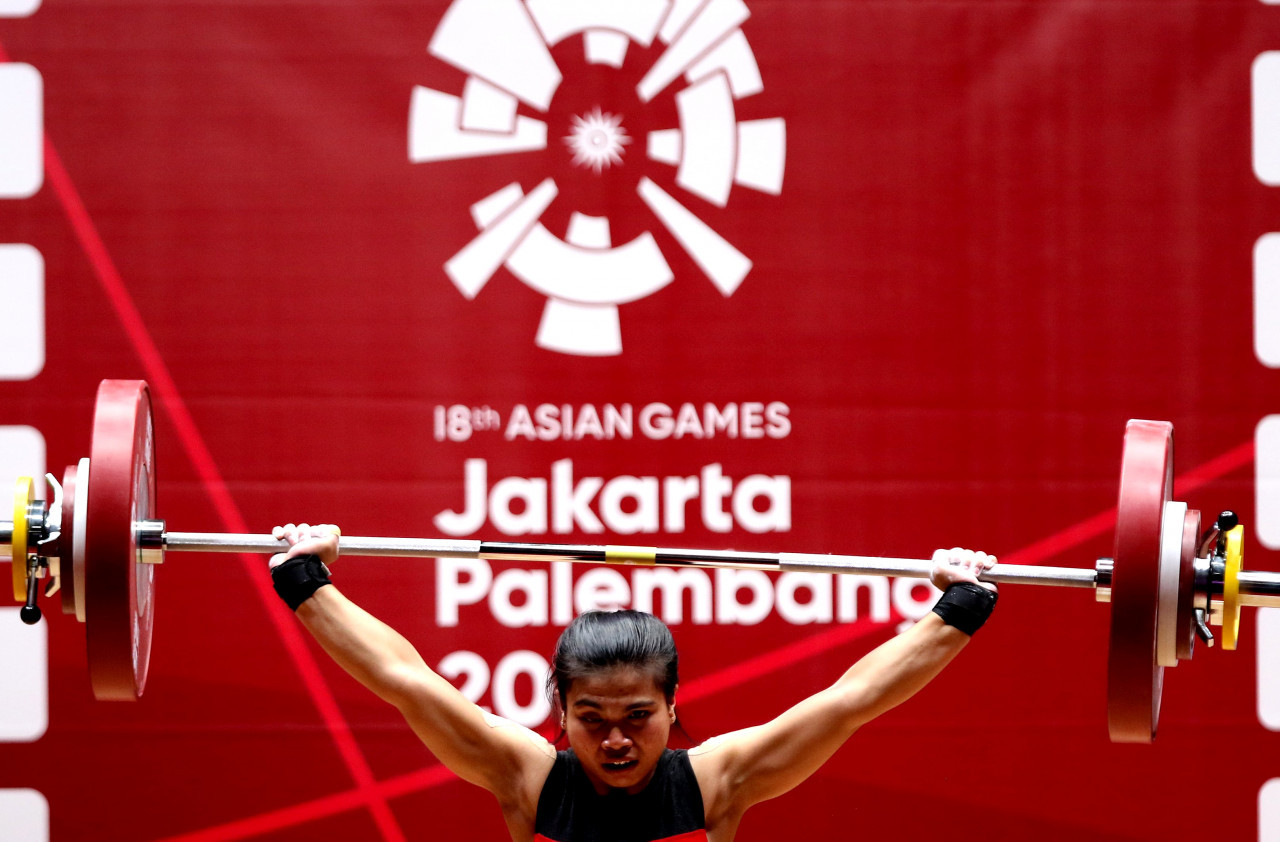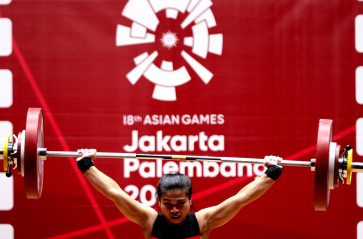Popular Reads
Top Results
Can't find what you're looking for?
View all search resultsPopular Reads
Top Results
Can't find what you're looking for?
View all search resultsAnalysis: Indonesia can never be a great sporting nation
Change text size
Gift Premium Articles
to Anyone
I
ndonesia always aspires to be a great nation as “Indonesia Raya”, the title of the national anthem, suggests. Now it is well on its way to become one. Its global profile is growing, earning accolades such accolades as the world’s third largest democracy, the largest democracy in the Muslim world and economically, on the current trajectory, it is rising in ranking, from the 16th largest economy to becoming the world’s top five in the next 20 years. But while rising as a middle power, a great sporting nation Indonesia is not likely to be.
This year, Indonesia forfeited the chance to host two major international events that could have put it on the global sports map. The international soccer federation FIFA stripped Indonesia of the right to host the Under-20 World Cup in May/June. Last week, the Association of National Olympics Committee (ANOC) canceled the World Beach Games that was to take place in Bali in August.
FIFA was able to relocate the tournament to Argentina, but ANOC said time was too short to find an alternative, so it scrapped the games altogether to the disappointment of not only more than 100 international athletes who had been preparing for the event, but also millions of Indonesians who had look forward to see first-hand their athletes competing with the world’s best. There was bigger disappointment with the U-20 tournament cancelation as soccer’s is one of the nation’s favorite pastimes.
Indonesia’s global ranking in sports is already low as it is. In the Tokyo Olympics last year, it came 59th in the medals’ tally. It came 10th in the 2018 Asian Games but this was helped by the fact that it was hosting it. More indicative of its position in the region were the 2014 Games in South Korea, when it came 17th. In Southeast Asia, Indonesia struggled and came third, behind Vietnam and Thailand, in this year’s South East Asian (SEA) Games in Cambodia.
Bidding to host international tournaments is always competitive. After winning these two bids, Indonesia shot itself in the foot as it became embroiled in domestic rows over Israeli participation. FIFA decided to play it safe and relocate. ANOC said last week it had been notified by the Indonesian Olympics Committee that the official funding for the Bali tournament was not forthcoming, suggesting the initiative to get the event canceled had come from higher up in the government.
The government had earlier explained to the domestic audience that these events would be organized and hosted by the international bodies and that Indonesia was only providing the facilities. The presence of Israeli athletes, it argued, should not be construed as recognition of the Jewish state, which Indonesia has consistently opposed.
A long-standing regulation from the Foreign Ministry, renewed in 2019, gives guidelines on Indonesians engaging with Israelis, which include banning official contact, not hosting Israel official delegations and no hoisting of Israeli flags or playing its national anthems on Indonesian soil. Israelis holding regular, rather than official/diplomatic passports, are still allowed to visit Indonesia but under very strict conditions.


















